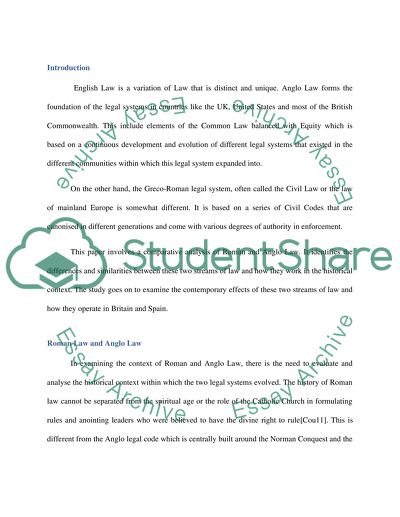Cite this document
(“What is the difference between Roman law and Anglo law Essay”, n.d.)
Retrieved from https://studentshare.org/law/1645936-what-is-the-difference-between-roman-law-and-anglo-law
Retrieved from https://studentshare.org/law/1645936-what-is-the-difference-between-roman-law-and-anglo-law
(What Is the Difference Between Roman Law and Anglo Law Essay)
https://studentshare.org/law/1645936-what-is-the-difference-between-roman-law-and-anglo-law.
https://studentshare.org/law/1645936-what-is-the-difference-between-roman-law-and-anglo-law.
“What Is the Difference Between Roman Law and Anglo Law Essay”, n.d. https://studentshare.org/law/1645936-what-is-the-difference-between-roman-law-and-anglo-law.


